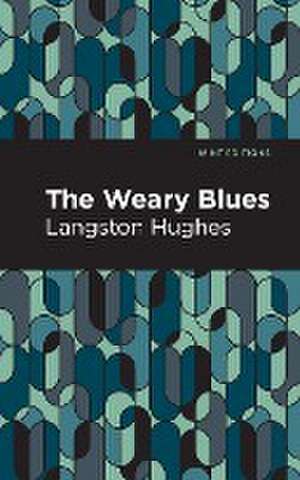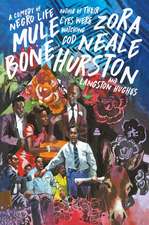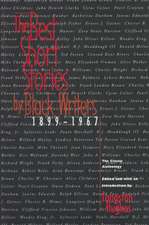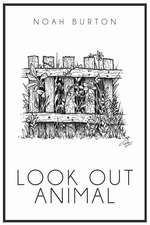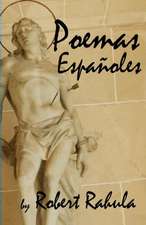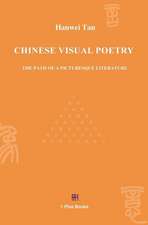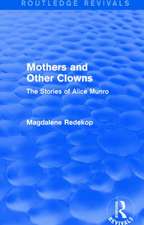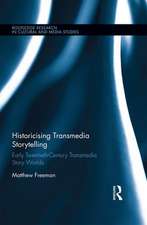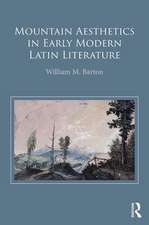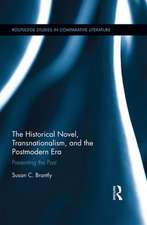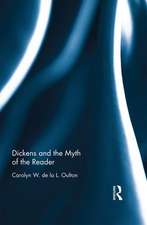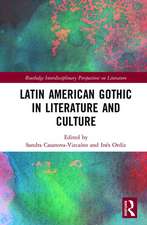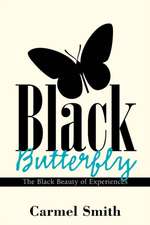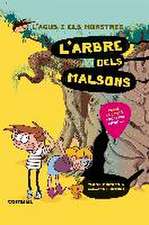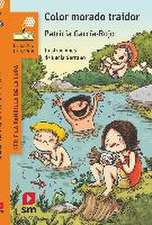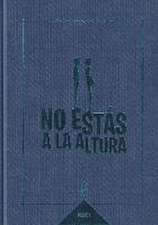The Weary Blues: Mint Editions (Black Narratives)
Autor Langston Hughesen Limba Engleză Paperback – aug 2022
| Toate formatele și edițiile | Preț | Express |
|---|---|---|
| Paperback (2) | 25.80 lei 3-4 săpt. | |
| Dover Publications – 24 ian 2022 | 25.80 lei 3-4 săpt. | |
| Mint Editions – aug 2022 | 39.17 lei 3-5 săpt. |
Preț: 39.17 lei
Nou
Puncte Express: 59
Preț estimativ în valută:
7.50€ • 7.80$ • 6.19£
7.50€ • 7.80$ • 6.19£
Carte disponibilă
Livrare economică 25 martie-08 aprilie
Preluare comenzi: 021 569.72.76
Specificații
ISBN-13: 9781513203607
ISBN-10: 1513203606
Pagini: 114
Dimensiuni: 127 x 203 x 6 mm
Greutate: 0.13 kg
Editura: Mint Editions
Seria Mint Editions (Black Narratives)
ISBN-10: 1513203606
Pagini: 114
Dimensiuni: 127 x 203 x 6 mm
Greutate: 0.13 kg
Editura: Mint Editions
Seria Mint Editions (Black Narratives)
Notă biografică
Best known for his vivid and astute portrayals of Black life across the written page, Langston Hughes—born James Mercer Langston Hughes—(1901 - 1967) was a poet, playwright, writer and key figure of the Harlem Renaissance who founded jazz poetry. Raised mostly by his grandmother, Hughes was instilled with a lasting sense of racial pride and a love of books from a young age and though not supported by his father in his pursuit of writing, Hughes would attend Columbia with his father’s aid in 1921, before leaving the very next year due to racial prejudice and a desire to focus on his poetry. Hughes first introduced his voice to the world in a 1921 issue of The Crisis where he published, “The Negro Speaks of Rivers.” The poem would come to be known as his signature piece and five years later was included in his debut poetry collection, The Weary Blues. Establishing himself as a key player of the Harlem Renaissance, Hughes would be one of a small group of Black intellectuals and artists of the movement who called themselves the Niggerati. Going on to write their manifesto, “The Negro Artist and the Racial Mountain,” Hughes’ use of the literary medium differed heavily from the artistic aspirations of the Black middle class in that he desired to focus on highlighting the lives of working-class Black people and addressing divisions and prejudices that existed within the Black community itself. In a career spanning over four decades, Hughes would publish an award-winning novel (Not Without Laughter), multiple plays—some in collaboration with Zora Neale Hurston—(Mule Bone and Black Nativity), children’s literature (Popo and Fifina) and even an autobiography (The Big Sea); among others in a large volume of work. In his personal life, Hughes maintained lifetime friendships with members of the movement and also is believed to have had private romantic and sexual relationships with men. While Hughes’ emphasis on racial pride had begun to fall out of favor with new and coming movements of the younger generation, his contributions to the African-American literary canon and American literature at all could not be denied and as such at the time of his death was—and continues to be—one of the most talented and respected voices of a generation.
